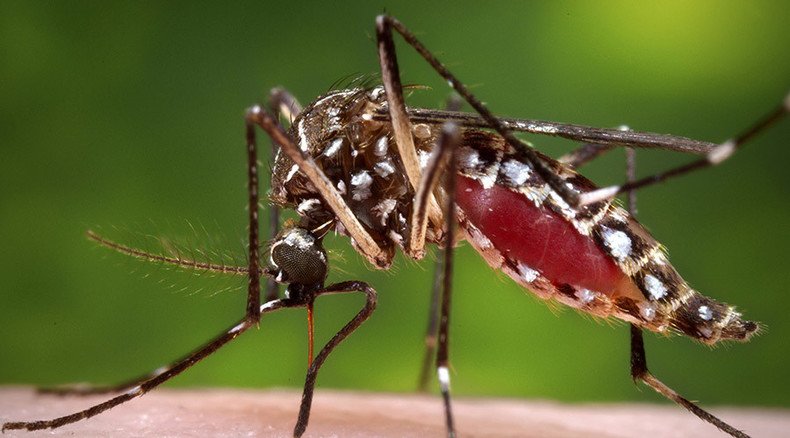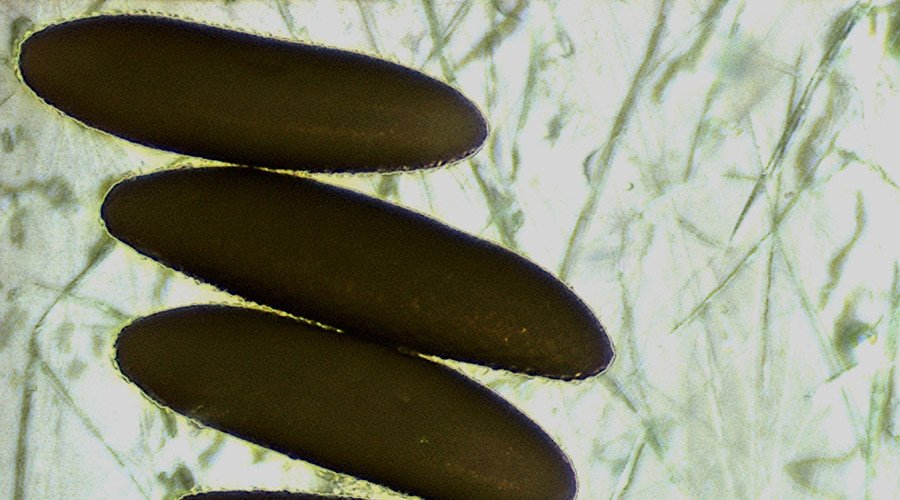Google ponders creating GM mosquitoes to fight tropical disease

Tech giant Google, soon to be Alphabet, is considering entering the burgeoning research area of genetic modification, beginning with the mosquito genome. Online portal The Information reports a top executive has met with leading experts in the field.
Linus Upson, who led the team that developed the Chrome browser, has discussed teaming up with Harvard geneticist George Church to create mosquitoes to wipe out diseases such as malaria, which according to the World Health Organisation (WHO) killed more than half a million people last year, and dengue fever, which annually infects over 300 million individuals.
Church told tech site re/code that he discussed a powerful gene-editing technique called CRISPR with Upson and Google CEO Larry Page.
“We’re not anticipating it will be a commercial success. It might be easier to go the philanthropic route through the Gates Foundation or Google,” Church said.

Google has declined to comment on the story. All reports indicate the project is still in the planning phase, and that no facilities or scientists have been assigned to the endeavor so far.
While most associate genetic engineering with plants, there is history of successful experiments modifying the mosquito genome, in which insects are injected with a mixture of genetic material from E.coli, herpes simplex, cabbage and coral. When released, the mosquitoes interbreed with the existing population, but due to the genetic admixture, the larvae produced do not survive, and the entire population diminishes.
Oxitec, a British startup that came out of Oxford University, released 70 million of such genetically-modified mosquitoes into the wild in a series of field trials spanning from Brazil to the Cayman Islands to Malaysia.
In the Cayman Islands, the experiment brought down the population of a particular mosquito species, aedes aegyptoi, which spreads dengue fever, down by 96 percent.

With dengue fever carriers spreading further and further north, a trial is planned in an area adjacent to 400 households in Key West this year, although more than 150,000 people have petitioned the FDA to ban it.
The petition asks: “Why would we not expect GM insects, especially those that bite humans, to have similar unintended negative consequences? Will the more virulent Asian tiger mosquito that also carries dengue fill the void left by reductions in aedes aegypti? Will the dengue virus mutate (think antibiotic resistant MRSA) and become even more dangerous?”
It appears that Church will not be using the same technique as Oxitec, but a more sophisticated technology, known as CRISPR. Much more flexible, and cheaper than traditional technologies, CRISPR may allow scientists to simply implant an immunity to malaria or dengue fever into mosquito populations, as has already been proven in trial lab studies.
Church has used his expertise to found several companies, including Editas, which this year raised $120 million from Bill Gates and other powerful backers for its therapeutic gene modification treatments. Church said that the Google initiative was not directly linked to Editas research.
While the field remains open to experiments, the WHO has published a thick book of guidelines for any future studies involving GM mosquitoes.












